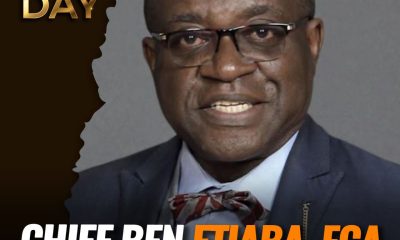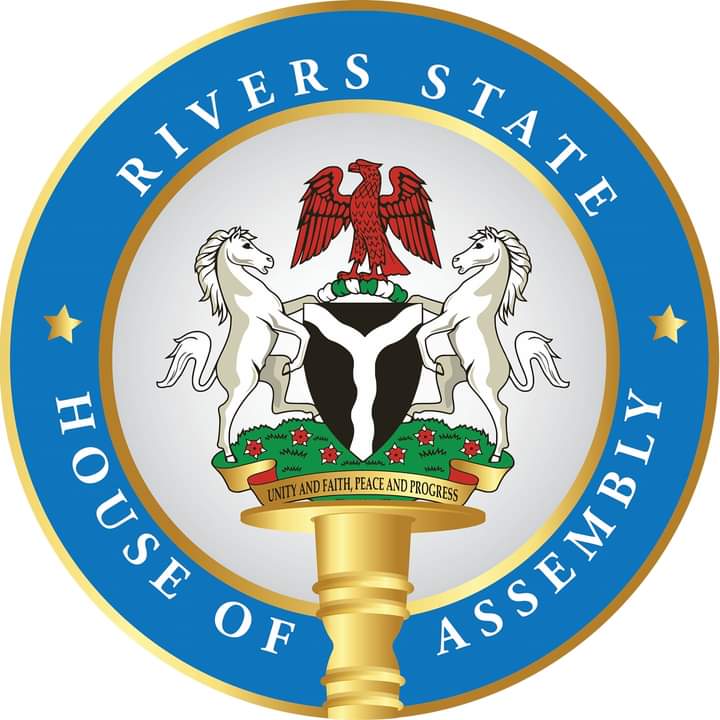In a plea to the justices of the Presidential Election Petition Court (PEPC) in Abuja, President Bola Tinubu has requested the exclusion of Peter Obi, the presidential candidate of the Labour Party (LP), from any potential rerun presidential election. Tinubu justified his appeal by claiming that only he and Alhaji Atiku Abubakar, the candidate of the Peoples Democratic Party (PDP), are constitutionally qualified to re-contest.
Tinubu emphasized that if the justices nullify the presidential election held on February 25, 2023, Obi and his party would not meet the requirements for re-contestation.
Responding to Tinubu’s assertions, counsel for Peter Obi countered by urging the five-member panel of PEPC to avoid undermining the expressed will of the people in the previous presidential election. They strongly advocated for the immediate removal of Tinubu from his position.
Tinubu criticized both Peter Obi and the LP for seeking to invalidate the election and compel the Independent National Electoral Commission (INEC) to conduct a fresh poll, excluding himself, Shettima, and the All Progressives Congress (APC). He argued that if their request were granted, Obi and the LP would not gain any advantage, as they are constitutionally prohibited from participating in a rerun.
In President Tinubu’s final written address in response to the petition filed by Peter Obi and the LP challenging his declaration as president, he outlined these arguments. This ongoing dispute highlights the contrasting viewpoints regarding the eligibility of candidates for a rerun election.
On March 1, Prof. Mahmood Yakubu, the INEC chairman, declared President Tinubu as the winner of the February 25 presidential election, securing 8,794,726 votes. Atiku and Obi reportedly received 6,984,520 votes and 6,101,533 votes, respectively.
Both Peter Obi and Atiku Abubakar are claiming victory, as each of them obtained a majority of lawful votes in the poll. They are requesting the court to order a rerun election to determine the true winner.
President Tinubu, in his final written address to Obi and the LP’s petition, presented by his lawyer Chief Wole Olanipekun (SAN), argued that the evidence provided by the petitioners did not substantiate claims of non-compliance and corruption that could invalidate his election.
However, Tinubu acknowledged the possibility of an unlikely event where the February 25, 2023, election is nullified. In such a scenario, he stated that the constitution only allows for the second respondent (himself) and the PDP candidate, who secured the next majority of votes in the highest number of states (19 states), to contest any subsequent election. Tinubu emphasized that the relief sought by the petitioners holds no legal or constitutional standing, as Obi is constitutionally barred from contesting and would derive no benefit from such relief.
President Tinubu’s address underscores his counterarguments against the petitioners’ claims, expressing his confidence in the legality of his election victory and affirming the constitutional guidelines for future elections.
Chief Wole Olanipekun (SAN), representing President Tinubu, argued that the court cannot decree an order for a fresh election that goes against the provisions of the constitution. He cited various legal authorities and stressed that the party bringing the action must have locus standi, meaning they must benefit from the reliefs claimed.
According to Olanipekun, the constitution only allows for the second respondent (Tinubu) and the PDP candidate who came second in the number of votes and states to contest any subsequent election. The PDP candidate secured the next majority of votes in the highest number of states (19 states) compared to the first petitioner’s (Obi) 16 states. Additionally, the PDP candidate received a greater plurality of votes, with 6,984,520 votes compared to Obi’s 6,101,533 votes.
Referring to Section 134(3) of the Constitution, Olanipekun asserted that in the highly unlikely event that the election of February 25, 2023, is declared void, Obi is constitutionally barred from participating in any subsequent election.
Section 134(3) stipulates that if a candidate is not duly elected according to subsection (2) of the section, a second election shall be conducted. The only candidates allowed in the second election are the candidate with the highest number of votes from the previous election and, if applicable, a candidate among the remaining candidates with a majority of votes in the highest number of states. If there are multiple candidates with a majority of votes in the highest number of states, the candidate with the highest total votes cast will be the second candidate for the election.
Olanipekun also criticized the prayers made by the petitioners, which sought the cancellation of the election and an order for INEC to conduct a fresh election. He argued that the petitioners did not propose who the participants or candidates would be in such a fresh election.
In a humble submission, Chief Wole Olanipekun (SAN) argued that the court cannot decree an order for a fresh election outside the provisions of the Constitution. He emphasized the importance of complying with the law of the land and highlighted the petitioner’s failure to become a member of the second petitioner before participating in the election and filing a petition.
Olanipekun referred to the unchallenged evidence provided by the respondents’ sole witness, which stated that the name of the first petitioner is not found in Exhibit RA18.
Based on the above, Olanipekun asserted that the petition is wrongly constituted and, consequently, fails to confer jurisdiction on the court. He emphasized that the reliefs sought by the petitioners cannot be granted in light of the aforementioned issues.
Furthermore, Olanipekun pointed out that the absence of the PDP and its candidate, as well as the NNPP and its candidate, undermines the grounds of the petition and renders the paragraphs containing allegations against those parties and any evidence extracted during the trial incompetent and inadmissible.
These arguments underscore the irregularities in the petitioner’s case and raise questions about the jurisdiction of the court in entertaining the petition and granting the reliefs requested. GMTNews



 News3 years ago
News3 years ago
 Politics3 years ago
Politics3 years ago
 Features3 years ago
Features3 years ago
 News3 years ago
News3 years ago
 Opinion3 years ago
Opinion3 years ago
 News3 years ago
News3 years ago
 News3 years ago
News3 years ago
 GMTNews Investigation3 years ago
GMTNews Investigation3 years ago











 Press release by INEC
Press release by INEC










